In recent years, CBD (cannabidiol) has emerged as a popular natural remedy for various ailments, including chronic pain, inflammation, and stress. Among the many forms of CBD products available, CBD topicals and CBD oils are two of the most widely used options, each offering unique benefits depending on how they are used and the type of relief sought. For individuals seeking pain relief, choosing between CBD topicals and CBD oil can be challenging, as both offer distinct mechanisms of action. This article will compare CBD topicals and CBD oil, focusing on their effectiveness for pain relief, how they work, and how to determine which option is best suited to your needs.
Understanding CBD: What is It?
CBD is a naturally occurring compound found in cannabis plants, primarily in hemp. Unlike THC (tetrahydrocannabinol), which is another well-known compound in cannabis, CBD is non-psychoactive, meaning it doesn’t produce a “high” or alter your state of mind. Instead, it interacts with the body’s endocannabinoid system (ECS), which regulates a wide range of physiological functions such as mood, appetite, sleep, and pain perception.
CBD has become increasingly recognized for its potential therapeutic properties, with research suggesting it may help alleviate pain, reduce inflammation, and improve conditions like arthritis, muscle soreness, and neuropathic pain. When it comes to pain relief, CBD can be applied in various forms, including oils, capsules, edibles, and topicals.
What Are CBD Topicals?
CBD topicals are creams, balms, lotions, and oils infused with CBD that are designed for external use. They are typically applied directly to the skin and can be targeted to specific areas of pain or discomfort. CBD topicals are absorbed through the skin and work locally, providing relief to the muscles, joints, and skin without affecting the entire body.
These products are ideal for localized pain relief, such as muscle soreness, joint pain, or skin irritation. They are also often formulated with additional soothing ingredients like menthol, arnica, or essential oils to enhance their therapeutic effects.
What is CBD Oil?
CBD oil is a liquid extract derived from the hemp plant, typically taken sublingually (under the tongue), though it can also be added to food or drinks. The oil is absorbed into the bloodstream and interacts with the ECS, offering systemic relief from pain, anxiety, and other symptoms. CBD oil can be taken in various doses and is often preferred by those seeking general pain management, as its effects are felt throughout the body.
CBD oil works through the ECS, primarily targeting cannabinoid receptors found throughout the body, including those in the brain, nervous system, and immune system. This interaction can lead to reduced inflammation, pain relief, and improved mood.
How Do CBD Topicals Work for Pain Relief?
CBD topicals are absorbed through the skin’s outer layers and interact with cannabinoid receptors in the skin and underlying tissues. While they don’t enter the bloodstream like CBD oil, they can still provide effective localized relief. Topicals are especially beneficial for addressing surface-level pain or inflammation, such as:
- Muscle Pain: After intense physical activity or injury, applying a CBD-infused cream or balm to sore muscles can help reduce pain and inflammation.
- Arthritis: CBD topicals can target joint pain and stiffness, providing relief for individuals suffering from conditions like osteoarthritis or rheumatoid arthritis.
- Skin Conditions: CBD’s anti-inflammatory properties can help treat skin conditions such as eczema, psoriasis, or acne, reducing irritation and redness.
Because CBD topicals are absorbed directly into the affected area, they are particularly effective for treating localized pain, inflammation, and discomfort. They offer the benefit of a targeted approach without affecting the entire body, making them ideal for those who only need relief in specific areas.
How Does CBD Oil Work for Pain Relief?
CBD oil, when taken sublingually or ingested, enters the bloodstream and interacts with cannabinoid receptors throughout the body. This systemic approach allows CBD to provide relief from pain and inflammation in various parts of the body, rather than being limited to a specific area. Some of the ways CBD oil helps with pain relief include:
- Reducing Inflammation: CBD has powerful anti-inflammatory properties that can help reduce inflammation throughout the body, which is often a contributing factor to pain.
- Modulating Pain Signals: CBD can interact with receptors in the brain and nervous system to alter the way pain signals are processed, potentially reducing the perception of pain.
- Chronic Pain Management: For individuals dealing with chronic pain conditions like fibromyalgia, multiple sclerosis, or back pain, CBD oil can provide long-term relief through consistent use.
Unlike topicals, CBD oil works on a broader level, offering relief for systemic pain and conditions that affect multiple areas of the body. Its ability to target the ECS and influence pain signals throughout the body makes it a popular choice for people with chronic or widespread pain.
Comparing the Effectiveness of CBD Topicals vs. CBD Oil for Pain Relief
Targeted vs. Systemic Relief
One of the most significant differences between CBD topicals and CBD oil is the way they provide relief. Topicals are ideal for targeting localized pain or inflammation, making them effective for conditions like muscle soreness, joint pain, or skin irritations. Since the CBD is absorbed directly into the affected area, it provides fast relief where it’s needed most.
On the other hand, CBD oil is better suited for those seeking systemic pain relief. Whether you’re dealing with chronic pain, headaches, or inflammation in multiple areas of the body, CBD oil offers a more comprehensive solution. It works by entering the bloodstream and interacting with the ECS, providing relief throughout the body rather than just in one specific area.
Onset and Duration of Effects
CBD topicals generally provide more immediate, localized relief due to their direct application to the skin. The effects are often felt within minutes, especially when the product contains ingredients like menthol or camphor that offer a cooling or warming sensation.
CBD oil, however, takes longer to take effect because it must be absorbed into the bloodstream. Typically, users may begin to feel relief within 15-30 minutes after ingestion, with the full effects taking an hour or more to fully set in. The relief from CBD oil tends to last longer than topicals, making it a better option for those looking for sustained relief over a longer period.
Side Effects
Both CBD topicals and CBD oil are considered safe, with minimal side effects. However, when applied to the skin, CBD topicals may cause mild irritation or allergic reactions in sensitive individuals. These effects are usually rare and tend to subside once the product is removed from the skin.
CBD oil, when taken orally, can cause side effects like dry mouth, drowsiness, or changes in appetite. These side effects are generally mild and often subside as the body adjusts to the compound.
Which is More Effective for Pain Relief?
The effectiveness of CBD topicals versus CBD oil for pain relief largely depends on the type of pain being treated and the user’s preferences. For localized pain, such as sore muscles or joint pain, CBD topicals are often the most effective option due to their targeted application. If you’re dealing with widespread or chronic pain, however, CBD oil may provide better relief by working throughout the body.
In some cases, a combination of both CBD topicals and CBD oil can provide the most comprehensive pain relief. For example, using a CBD oil for overall pain management and applying a topical to a specific area of discomfort can help maximize the therapeutic benefits of CBD.
Conclusion
Both CBD topicals and CBD oil offer effective options for pain relief, but they work in different ways and are suited to different types of pain. CBD topicals are ideal for localized pain and inflammation, offering fast, targeted relief. CBD oil, on the other hand, provides systemic pain relief and is better suited for chronic or widespread pain. By understanding the benefits of each, you can determine which CBD product is most appropriate for your pain relief needs, or consider using both for comprehensive results.
CBD Body Lotion
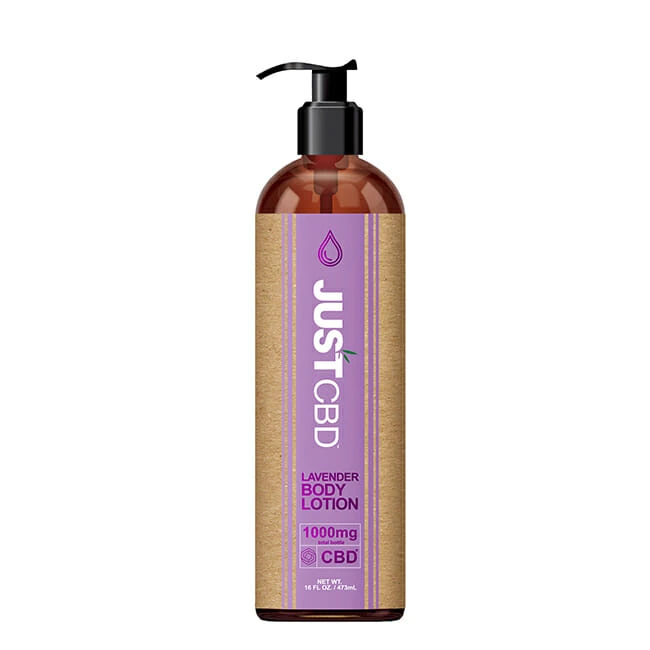
You can grab it here: CBD Body Lotion
First off, this CBD body lotion is a winner! The scent is fresh and not overpowering, which I love. It glides on smoothly and absorbs quickly without leaving any greasy residue. My skin felt hydrated and soft for hours. It’s great for everyday use, especially in winter when my skin tends to get dry. The only downside? It doesn’t have a super intense CBD effect like some other products, but it’s perfect for a light, soothing experience.
CBD Heat Relief Roll-On Pain Cream
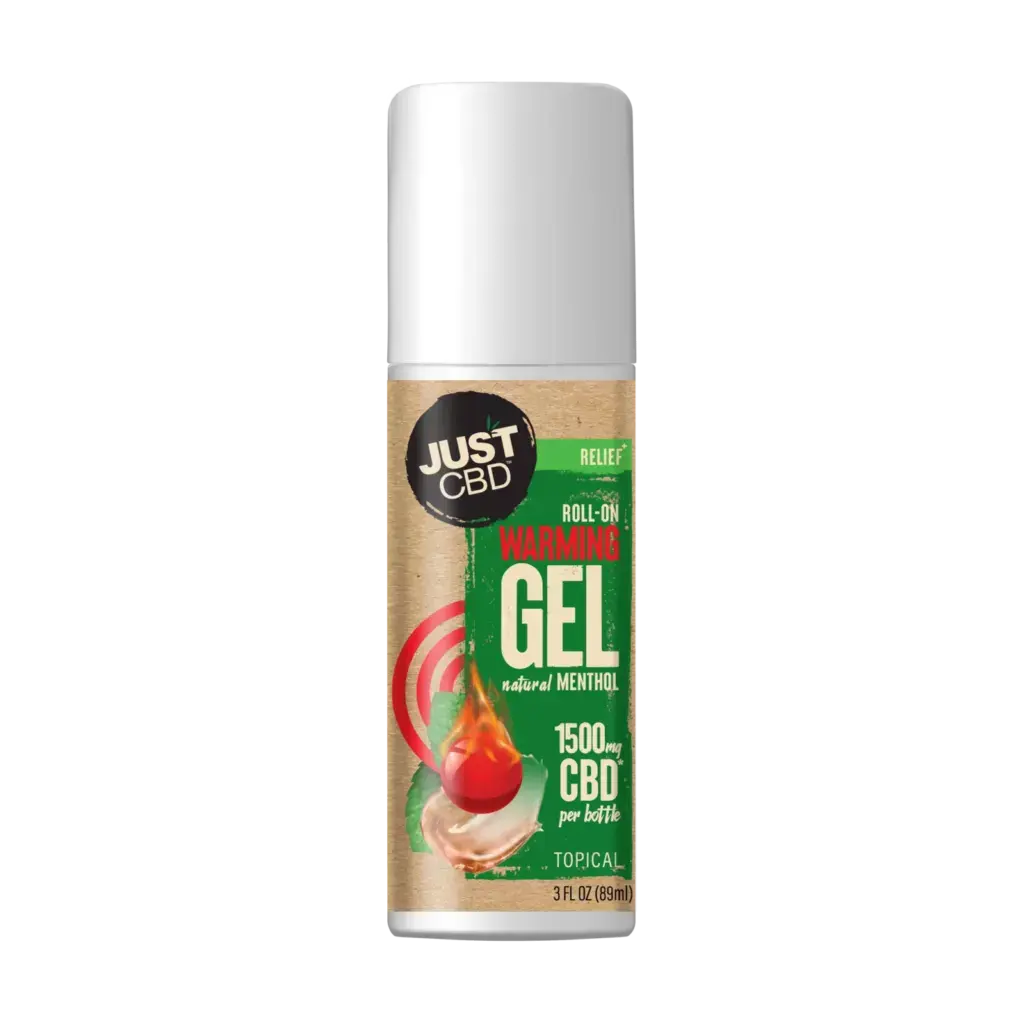
Check it out here: CBD Heat Relief Roll-On Pain Cream
If you’re dealing with sore muscles, this roll-on is fantastic. It’s easy to apply, and the heat sensation kicks in almost immediately. I use it after a tough workout, and it helps ease the tension in my shoulders and back. The heat feels almost like a gentle warming massage. The one thing I didn’t love was the scent—it’s a bit medicinal, but it fades quickly.
CBD Infused Relief Cream Airless Pump
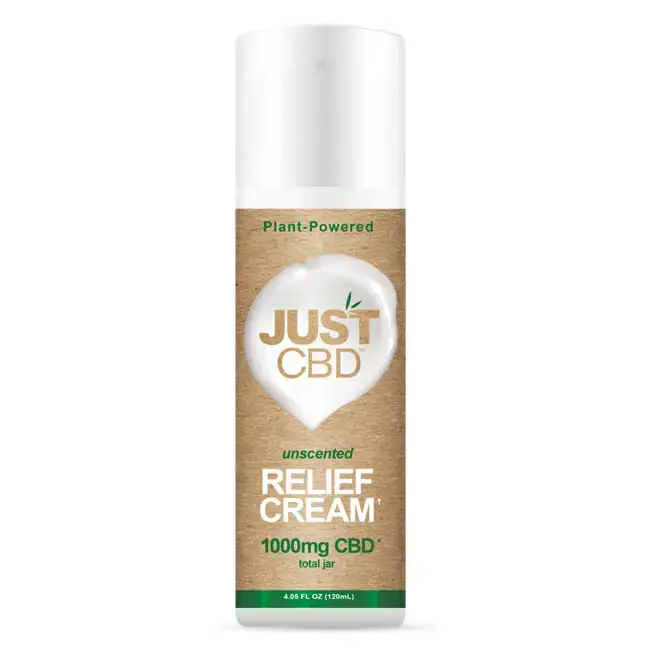
You can buy it here: CBD Infused Relief Cream Airless Pump
This cream is a bit of a game-changer for me. The airless pump is super convenient (no mess!), and the formula feels luxurious. It’s perfect for targeted relief, especially on stiff areas like my knees and elbows. I felt the effects gradually, and it was more soothing than anything. My only gripe is the texture—it’s a little thicker than I expected, but it still absorbs well.
CBD Relief Cream
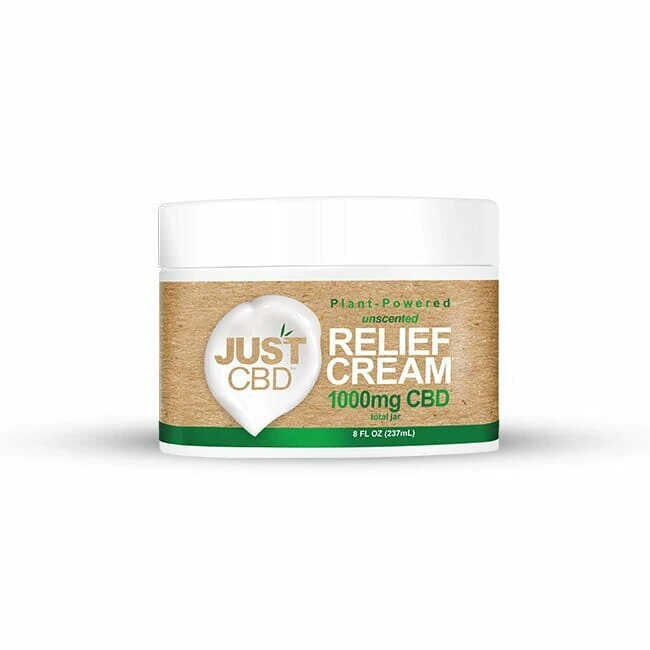
Grab it here: CBD Relief Cream
This one’s got a lighter consistency than the others, and it’s super easy to rub in. It gave me a mild cooling sensation, which was great for my tired feet. After a long day on my feet, this cream did wonders. While I didn’t experience an intense relief, it’s perfect for mild aches and general relaxation.
CBD Roll-On Freeze Cream
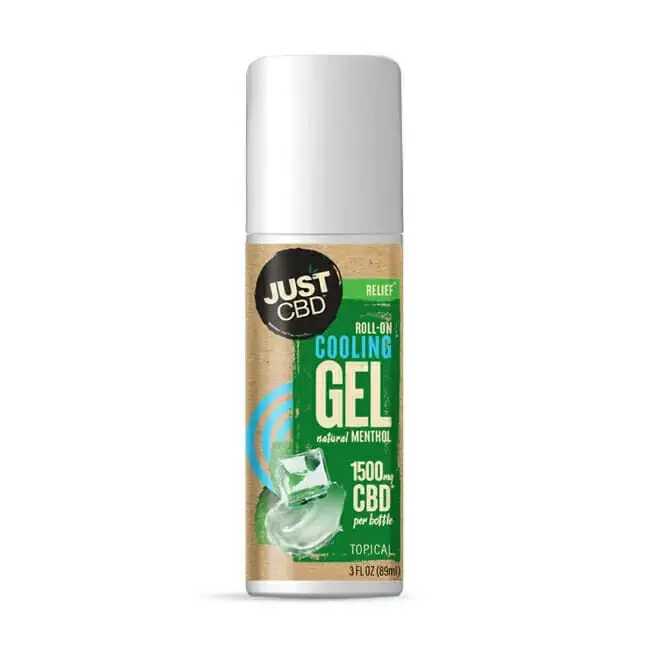
Get it here: CBD Roll-On Freeze Cream
This roll-on is great if you like that cooling, icy-hot feeling. It’s super easy to apply without getting your hands messy. I’ve used it after long walks, and it gave my legs that nice, cool relief. It’s not as strong as some of the other CBD products I’ve tried, but it’s refreshing and nice for lighter discomforts.
Massage Oil

You can buy it here: CBD Massage Oil
Okay, this is my new favorite for self-care days. I love using this CBD massage oil after a hot shower. It has a lovely, calming scent and is perfect for a DIY massage session. It doesn’t leave you feeling greasy like some oils, and my skin just drinks it up. It’s great for unwinding after a stressful day. The only thing is, I wish the bottle was a bit bigger—goes fast when you’re using it regularly!
Ultra Relief CBD Gel 1000mg
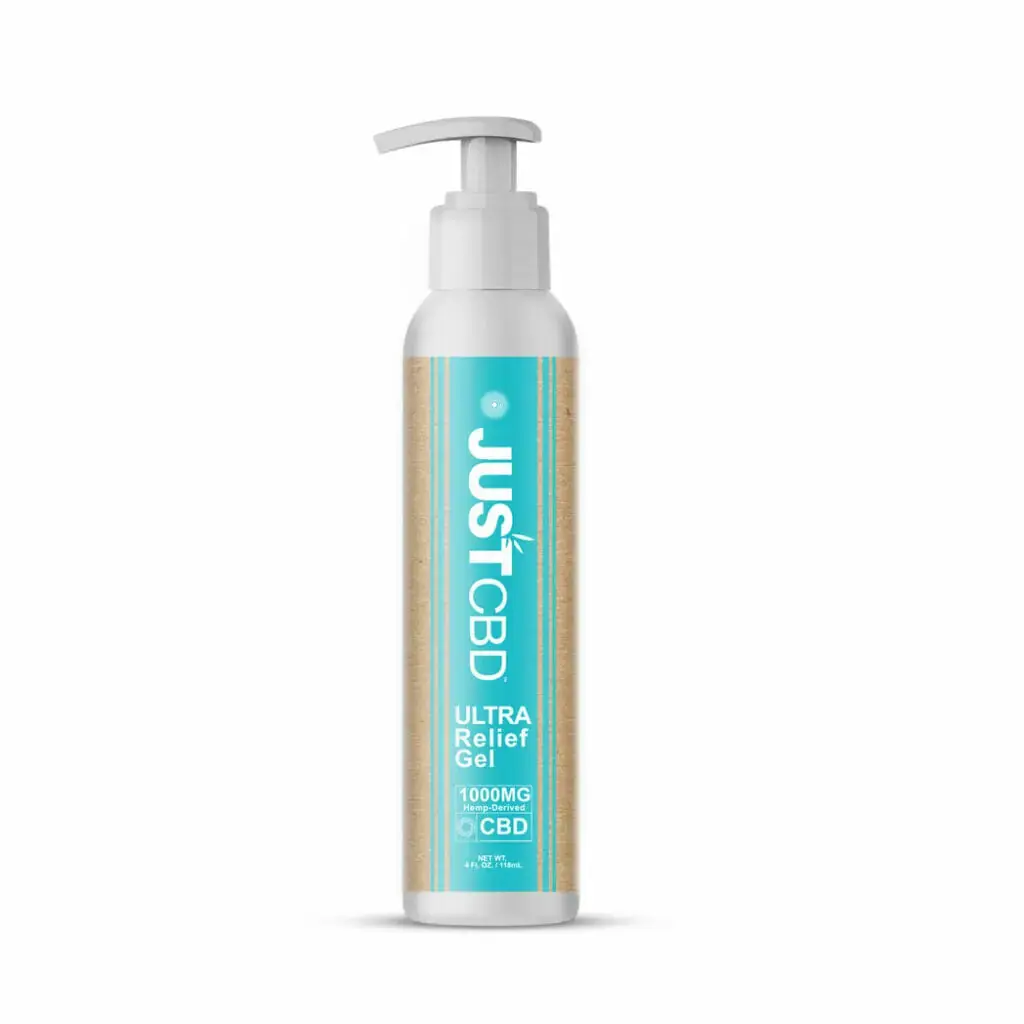
Get it here: Ultra Relief CBD Gel 1000mg
This one’s a powerhouse. I’ve been using it on areas that need serious relief, like my lower back. The gel has a cool, soothing feel to it, and it packs a punch when it comes to easing pain. I noticed the difference in my soreness within an hour of applying it. The downside? It’s quite thick and takes a while to fully absorb, but the relief is worth it.
Overall Thoughts
I was really impressed with the variety of CBD topicals from JustCBD UK. If you’re looking for something for everyday hydration, the Body Lotion is perfect. If you’re dealing with more specific pain, the Heat Relief Roll-On and Ultra Relief Gel will be your best friends. For a relaxing, soothing experience, the Massage Oil is a must-try! Each product offers a unique experience, and I love the convenience of roll-ons and airless pumps. The only downside I found was the scents of some products, but that’s just a personal preference.
CBD Topicals vs. CBD Oil: Which is More Effective for Pain Relief?
CBD topicals and CBD oil both offer unique benefits for pain relief. Topicals are applied directly to the skin, targeting localized pain and inflammation, while CBD oil is absorbed into the bloodstream, offering more systemic effects. The effectiveness depends on your specific needs: if you’re looking for immediate relief for localized pain, topicals might be more effective. However, for chronic pain or conditions requiring full-body relief, CBD oil may provide broader benefits.
How Long Does CBD Take to Work for Pain Relief?
The onset time for CBD to relieve pain depends on the method of consumption. CBD oil taken sublingually (under the tongue) typically works within 15-30 minutes. In contrast, edibles like CBD gummies can take 1-2 hours to take effect due to digestion time. Topicals, when applied directly to the skin, often provide quicker relief, typically within 30 minutes to an hour.
Can CBD Help with Anxiety?
Yes, CBD has been shown to help reduce anxiety for many individuals. It interacts with the body’s endocannabinoid system, which regulates mood and stress responses. CBD may help calm the nervous system, leading to reduced feelings of anxiety and promoting relaxation. However, results vary, and it’s essential to consult a healthcare provider for personalized advice.
Are CBD Products Legal?
The legality of CBD products varies by country and region. In many places, CBD derived from hemp (containing less than 0.3% THC) is legal. However, in some countries or states, laws may restrict CBD use or sales. It’s important to check local regulations to ensure that you’re in compliance before purchasing or using CBD products.
Can CBD Help with Sleep Disorders?
CBD has been found to promote relaxation and improve sleep for some individuals. It may help manage sleep disorders like insomnia by reducing anxiety, promoting calmness, and potentially balancing the sleep-wake cycle. However, individual responses vary, and it’s best to consult a healthcare provider to determine if CBD is appropriate for your sleep issues.
Is CBD Safe to Use with Other Medications?
CBD may interact with certain medications, particularly those metabolized by the liver. It’s crucial to consult a doctor before using CBD if you are on medications like blood thinners, antidepressants, or other prescription drugs. Your doctor can help assess potential interactions and determine the safest approach.
How Do I Choose the Right CBD Dosage for Pain Relief?
The right dosage of CBD for pain relief varies based on factors such as your body weight, the severity of your pain, and your individual tolerance to CBD. It’s recommended to start with a low dose and gradually increase it until you find the amount that works best for you. It’s also helpful to consult a healthcare professional for personalized guidance.
Can CBD Help with Skin Conditions Like Acne or Eczema?
CBD’s anti-inflammatory properties may help reduce redness, irritation, and inflammation associated with skin conditions like acne or eczema. Topical CBD products, like creams or balms, can be applied directly to the affected areas for targeted relief. However, more research is needed to fully understand its effectiveness in treating skin conditions.
What Is the Difference Between Full Spectrum and Broad Spectrum CBD?
Full spectrum CBD contains a wide range of cannabinoids, including trace amounts of THC (typically less than 0.3%), while broad spectrum CBD contains multiple cannabinoids but with no THC. Full spectrum products are thought to offer the “entourage effect,” where cannabinoids work together for enhanced benefits. Broad spectrum CBD may be a better choice for those who want to avoid THC.
Are CBD Gummies Effective for Pain Relief?
CBD gummies are a convenient and tasty way to consume CBD, and they can be effective for pain relief. However, because they are digested, the effects may take longer to kick in (1-2 hours) compared to other methods like oils or topicals. The effectiveness will depend on your body’s response and the dosage, but many users find them beneficial for managing chronic pain or mild discomfort.
- Comparing CBD Gummies to Other CBD Products: Which Is Right for You? - December 20, 2024
- How Live Resin Vapes Are Made: A Look Into the Process - December 20, 2024
- Sugar-Free CBD Gummies vs. Regular CBD Gummies: Which is Better? - December 17, 2024

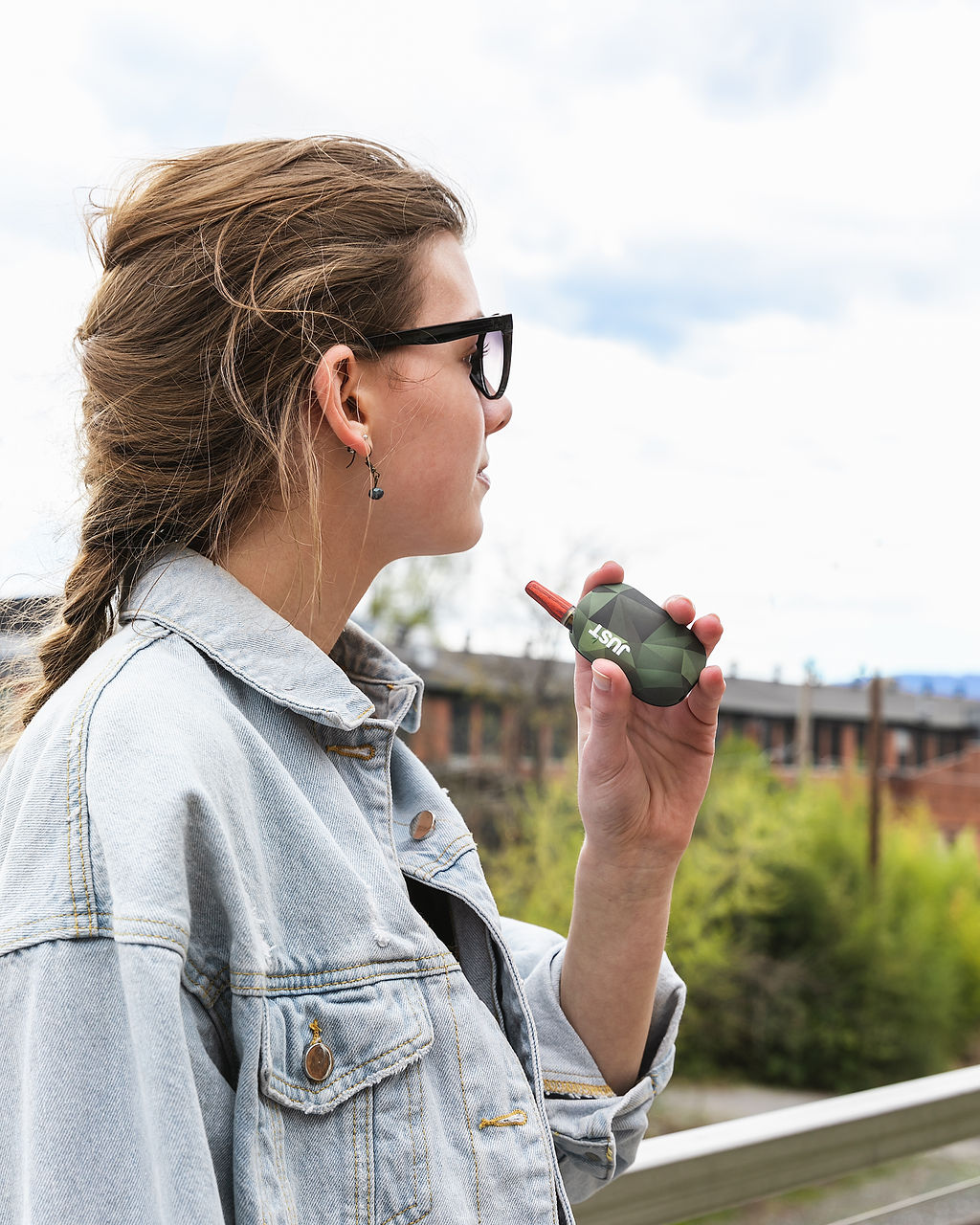
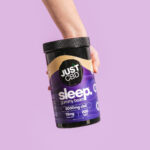
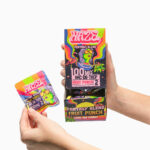

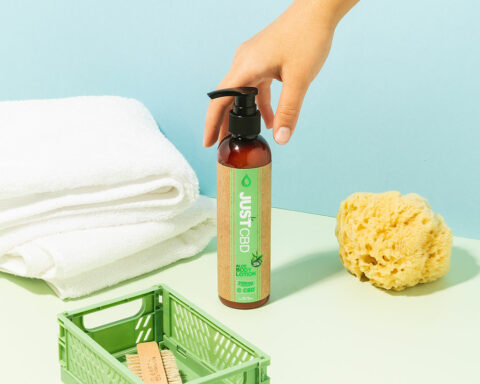
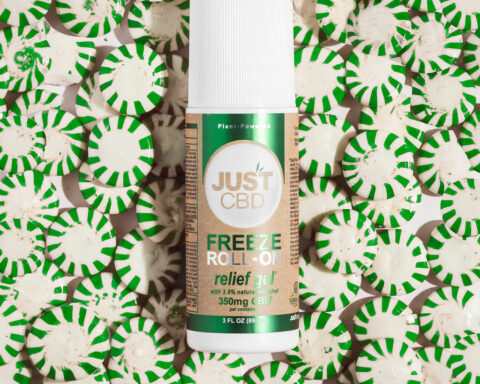

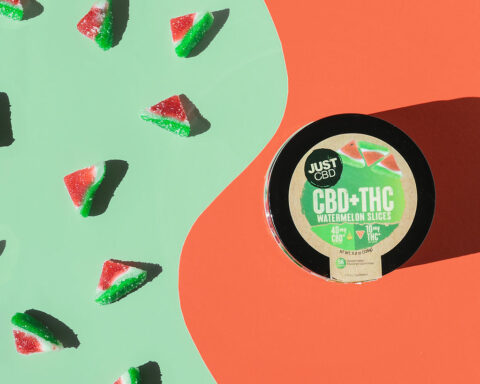
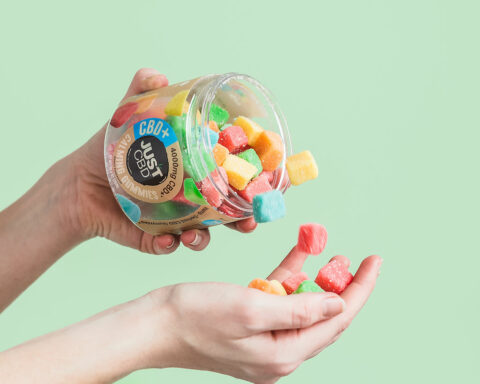
Follow Me